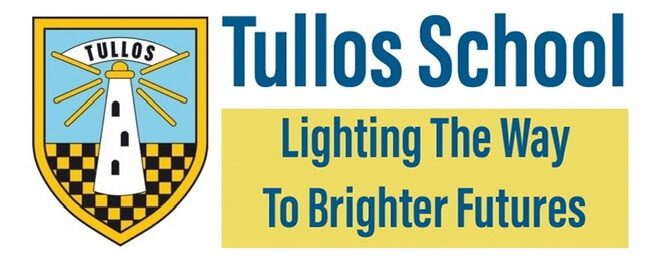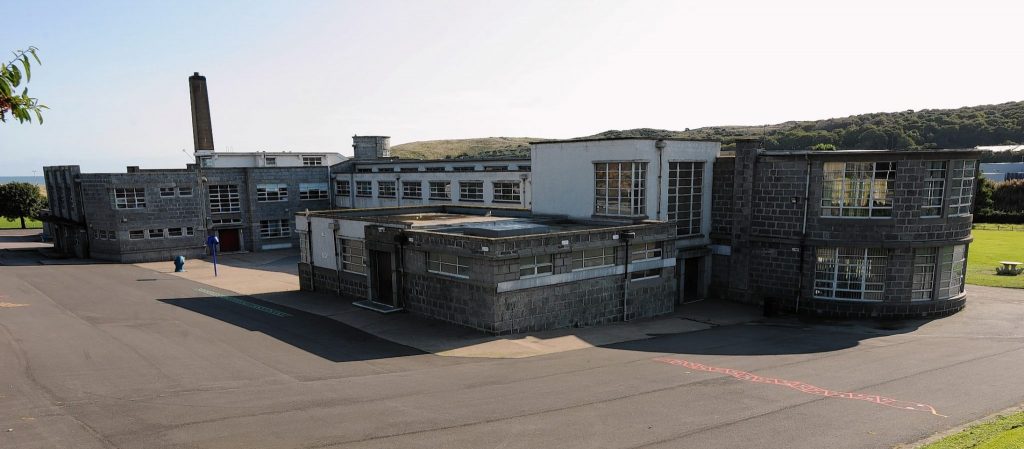Curriculum for Excellence is designed to achieve a change in education within Scotland by providing a coherent, more flexible and enriched curriculum from 3 to 18. The term curriculum is understood to mean – everything planned for children and young people throughout their education, not just what happens in the classroom.
Curriculum for Excellence includes four contexts for learning:
– Curriculum areas and subjects
– Interdisciplinary learning
– Culture and life of the school
– Opportunities for personal achievement.
The Four Capacities
Curriculum for Excellence is intended to help children and young people gain the knowledge, skills and attributes needed for life in the 21st century, including skills for learning, life and work. These skills and attributes are referred to as the four capacities and often summed up as helping children and young people to become:
– successful learners
– confident individuals
– responsible citizens
– effective contributors
Principles of Curriculum Design
There are seven broad principles that practitioners take into consideration when planning children’s learning:
– Challenge and enjoyment
– Breadth
– Progression
– Depth
– Personalisation and choice
– Coherence
– Relevance
Curriculum Areas
There are eight curriculum areas:
– Languages
– Mathematics
– Health and Wellbeing
– Expressive Arts
– Religious and Moral Education
– Sciences
– Social Studies
– Technologies
Literacy, Numeracy and Health and Wellbeing are recognised as being particularly important areas and seen as being the ‘responsibility of all’ staff.
– Literacy across learning – talking, listening, reading and writing (including using digital communications)
– Numeracy across learning – including money, time and measurement
– Health and Wellbeing across learning – including making informed choices for a healthy lifestyle
– Important themes across the curriculum are creativity, international education, and citizenship.
Experiences and Outcomes
Experiences and outcomes (often called Es+Os) are a set of clear and concise statements about children’s learning and progression in each curriculum area. They are used to help plan learning and to assess progress.
– Experience – represents how the quality and nature of the learning environment should develop and enhance active engagement, motivation, and depth of learning
– Outcome – represents what the learning will achieve and often represented with “I can …” statements
Curriculum Levels and Stages
The curriculum has two stages:
– Broad general education(from the early years to the end of S3)
– Senior phase (S4 to S6).
The broad general education has five levels (early, first, second, third and fourth). The senior phase is designed to build on the experiences and outcomes of the broad general education, and to allow young people to take qualifications and courses that suit their abilities and interests. The levels do not have ceilings, to enable staff to extend the development of skills, attributes, knowledge and understanding into more challenging areas and higher levels of performance. The experiences and outcomes are set out in lines of development which describe progress in learning.
Progression is indicated through curriculum levels and describe different stages of learning. For most children*, the expectation is:
– Early Level: pre-school to the end of P1.
– First Level: to the end of P4.
– Second Level: to the end of P7.
– Third and Fourth Levels: S1 to S3, with the fourth level broadly equal to SCQF level 4
– Senior Phase: S4 to S6, and equivalents in other settings, where they can continue to develop the four capacities and achieve qualifications (see Entitlements)
*can be earlier/later for some students depending upon individual needs and aptitudes, as applicable
Entitlements
All young people are entitled to:
– A coherent curriculum – smooth progression through the experiences and outcomes.
– A broad general education – the period from age 3 to the end of S3, covering all of the experiences and outcomes across all curriculum areas up to and including the third level, and further experiences and outcomes at the fourth level, chosen to provide greater specialisation and depth
– Support – assistance to help all learners access the curriculum and help build resilience, to include those with short and long term needs or circumstances
– Skills for learning, life and work – to develop pre-vocational, employability skills, personal skills, high levels of cognitive skills, and the opportunity to put learning into a practical context
– A senior phase – to prepare for qualifications and develop skills for future learning, life and work
– Positive destinations – to support young people to move successfully on to work or further study

